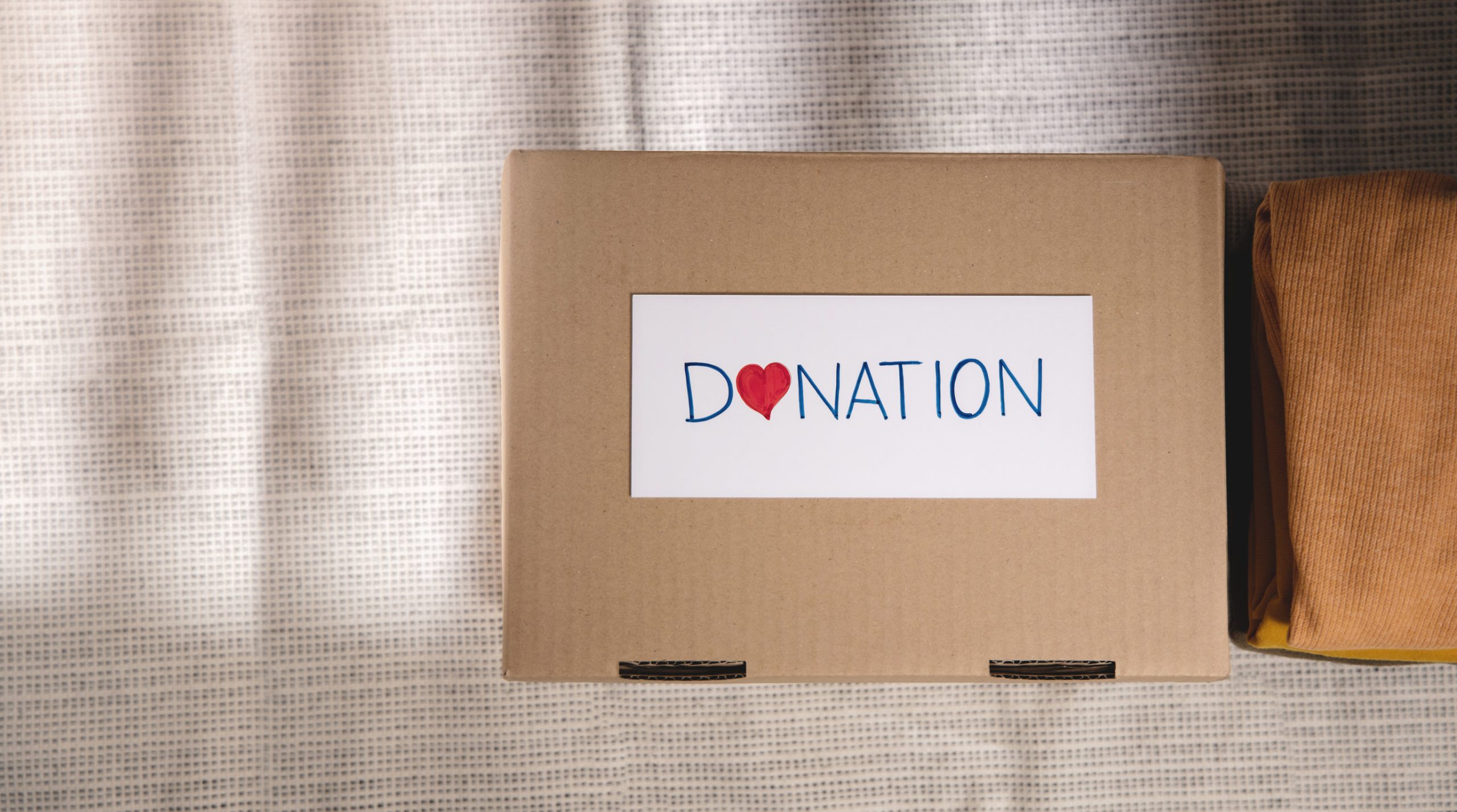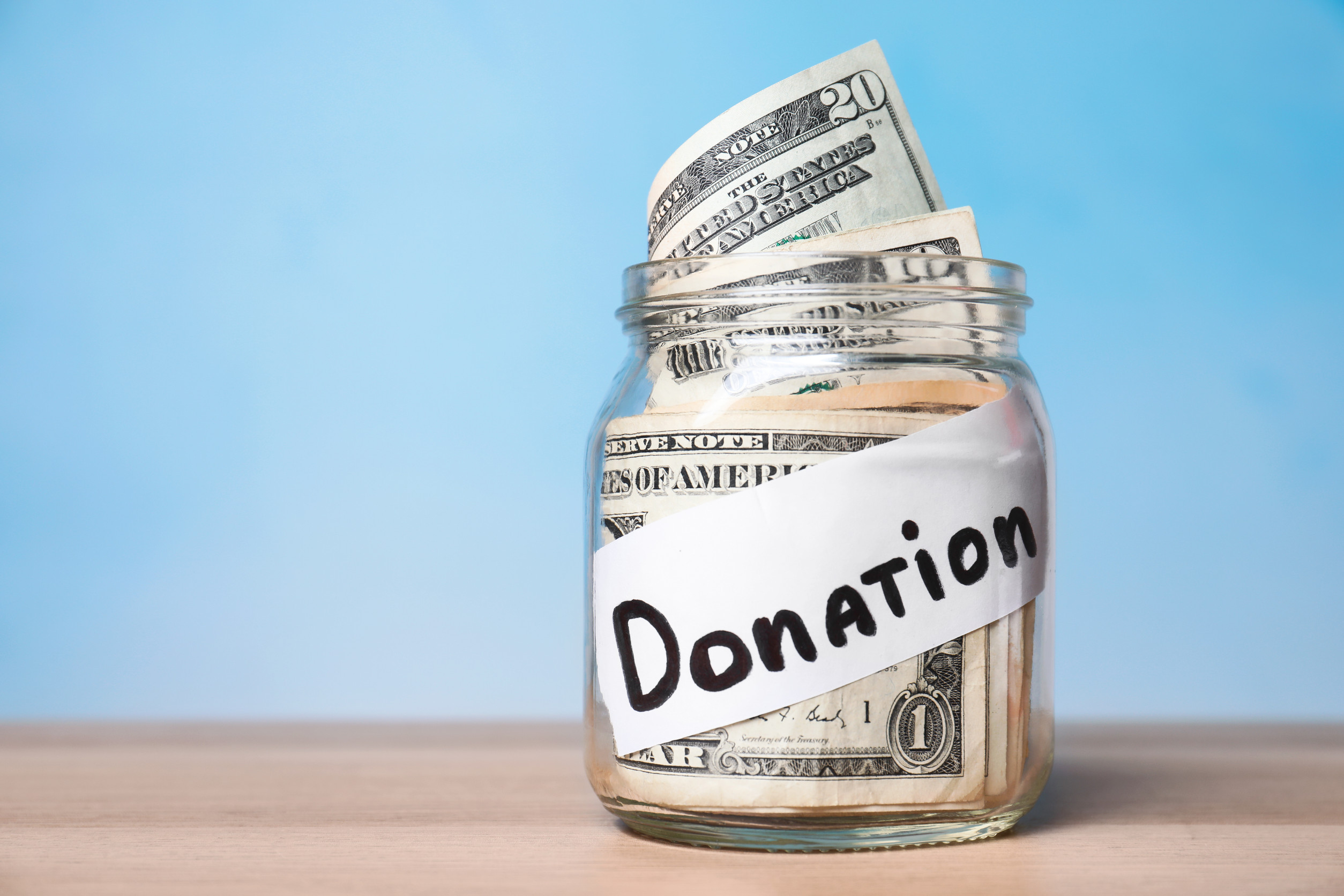
It sounds unthinkable: someone goes out of their way to donate food, clothing, or supplies, only to be told “no thanks.” The confusion hits hard, especially when the charity publicly says they need help. Most people assume all donations are automatically helpful, but the reality is more complicated.
Behind the scenes, logistics and resources can make a free gift surprisingly expensive. That’s where the rejection comes in—and it’s not as cold-hearted as it seems.
When “Free” Becomes Costly
A donated item isn’t always free once you factor in storage, transportation, and distribution. Imagine a small food pantry getting crates of perishable goods with no refrigeration available—it quickly turns from helpful to wasteful. Processing items also costs money because staff or volunteers must sort, check, and sometimes dispose of what can’t be used. If an organization spends more managing a donation than it saves, the math simply doesn’t work. This financial tradeoff is one of the most common reasons charities turn things away.
The Problem of Mismatched Donations
Generosity sometimes misses the mark when donors give what they think people need instead of what’s actually required. A shelter might be in desperate need of hygiene kits, but ends up flooded with winter coats instead. While well-intentioned, these mismatched items create clutter rather than solutions. Charities then face the awkward choice of saying no or drowning in supplies that don’t serve their mission. That’s why many organizations publish clear wish lists, hoping people stick to them.
Quality Control Isn’t Optional
Every donation has to meet standards of safety, cleanliness, and usefulness. A charity can’t hand out expired food, broken toys, or stained clothing without putting its reputation—and people’s well-being—at risk. Even a single low-quality item can damage trust between recipients and the organization. That trust is critical, and charities guard it fiercely. Turning away questionable donations isn’t rude—it’s responsible.
Storage Space Runs Out Fast
Storage space isn’t endless, and for many nonprofits, it’s painfully limited. A flood of items during a holiday drive can literally overwhelm closets, offices, and warehouses. Without room to safely organize donations, items become inaccessible or even hazardous. Fire codes and safety rules mean charities can’t just stack things wherever they fit. Sometimes saying no is the only way to keep operations safe and efficient.
The Hidden Costs of Transport
Even if donations are valuable, getting them to the right place often requires expensive logistics. Shipping pallets of supplies across cities or borders racks up fuel, truck rentals, and labor costs. If those costs outweigh the benefit, charities must decline the gift. This is especially true during emergencies, when speed and precision matter more than bulk. In those cases, cash donations stretch further and faster than physical goods.
Legal and Safety Restrictions
Not everything is legally allowed to be accepted or distributed. Food laws, product recalls, and safety regulations put strict limits on what can be shared with the public. A donated mattress, for example, may be prohibited due to health concerns. Medications are tightly regulated, and distributing them without the right licenses is illegal. Refusing these items isn’t stubborn—it’s compliance with the law.
Donor Intent vs. Real Needs
Sometimes donations reflect what donors want to give rather than what the community actually needs. A business clearing out excess inventory might offer outdated or irrelevant products. Individuals often clean closets and assume someone will benefit from anything. Charities, however, have to focus on their mission and can’t afford to divert resources to items that don’t align. Declining these donations keeps their efforts sharp and purposeful.
The Myth of “Anything Helps”
While the phrase “anything helps” sounds nice, it’s not the full truth. Not everything has the same impact, and some things can actually slow down relief efforts. Imagine an emergency aid team sorting through boxes of used shoes while urgent medical supplies sit waiting. Charities must prioritize what brings the most benefit in the shortest time. That means sometimes “no” is the kindest answer.
The Preference for Cash Donations
Many charities openly say cash is king, and it’s easy to see why. Money allows them to buy exactly what’s needed, often at wholesale or discounted rates. It also empowers local communities by supporting nearby suppliers and businesses. Unlike physical goods, cash doesn’t need warehouses, trucks, or disposal plans. That flexibility makes it far more effective than most in-kind donations.

Perception vs. Reality
From the outside, refusal can look cold or ungrateful. People giving from the heart often expect enthusiasm in return. But the reality is that charities juggle complex logistics, financial limits, and legal obligations. A rejection isn’t a rejection of kindness—it’s a reflection of practical limits. Understanding those limits turns frustration into clarity and, hopefully, more effective generosity.
Giving Smarter, Not Just More
The next time a charity turns down a donation, it’s rarely about being ungrateful. It’s about ensuring resources actually serve the people they’re meant to help. Knowing this makes generosity sharper, more effective, and more deeply appreciated. Charities don’t want to say no, but sometimes it’s the only way to keep doing good work well.
What do you think—should charities be stricter or more flexible? Share your thoughts in the comments.
You May Also Like…
- 10 Obscure Charity Fundraisers That Never Reach the Cause
- Why Charitable Donations Are a Growing Target for Laundering
- Why Charity Watch Reports Rarely Make National Headlines
- How Greed Shapes Political Donations Behind the Scenes
- Why Some Charities Spend More on Salaries Than on Donations
The post Why Do Charities Refuse Donations They Claim to Need appeared first on Everybody Loves Your Money.







